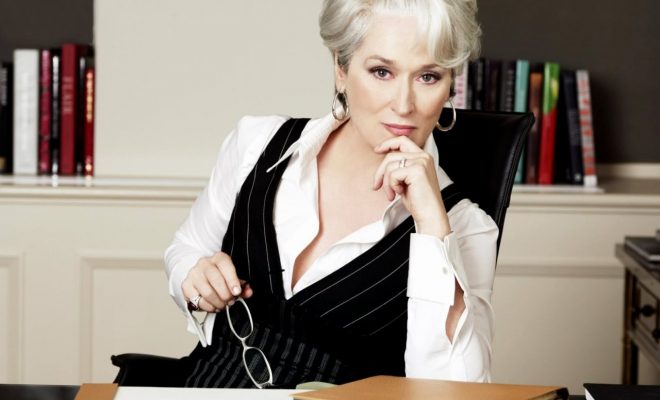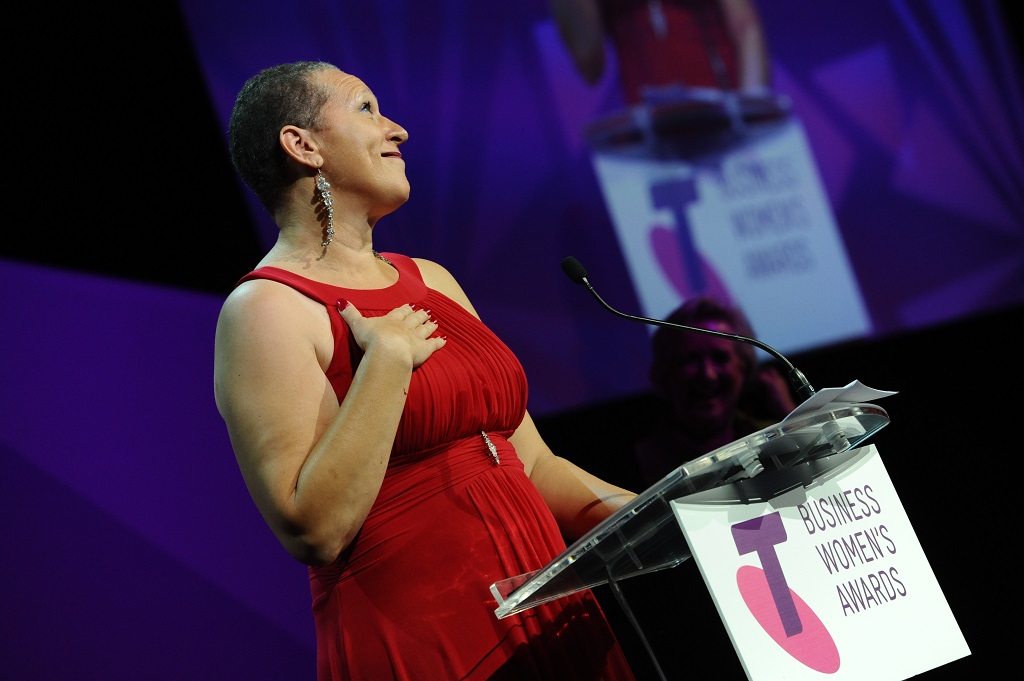Gender diversity in leadership circles may not be hitting roadblocks because of men, a women’s networking group says, but because women lack confidence.
Former banking executive Donny Walford, says women often lack the ability to self-promote.
“Men position themselves extremely well, they tap each other on the shoulder, they position themselves and women don’t do it,” Walford says.
“It’s often how influential you are, how influential your networks are and who’s willing to be your sponsor to talk about you to others. Until women improve their confidence and broaden their networking I won’t believe in quotas.”
She says having a networking group is essential if women want to climb the corporate ladder because they are generally not doing enough to promote their own professional brand. But she says some senior men are still threatened by successful women, despite significant inroads being made by advocacy groups such as Male Champions of Change.
“They’re not going to put women in a position where they feel threatened,” she says. “We still have to work with a lot of unconscious bias. We need to have men educating men on language used, and it’s a bias about only having men around that table.”
Walford says the key is in networking, particularly through male and female mentors, and undertaking professional development.
At resource and infrastructure consultancy company Fyfe, which employs more than 500 people, 14 per cent of management positions are taken up by women, and one in six directors is a woman.
Managing director Mark Dayman has set a 50 per cent target by 2019 at his male-dominated business and believes the ambitious figure will be achievable.
Fyfe associate Sonya Szell says that target could be reached earlier. The company is reviewing its flexibility and diversity strategy including ensuring language used in job ads is gender neutral, and headhunters find women to apply for senior positions.
“We’re looking at how we can make the workforce more flexible so women can continue in their jobs and take on more senior roles, and so they can also care for their families,” Szell says.
“We don’t care where you work as long as you deliver.”
Szell says she spends time coaching female staff on how to be more confident, and men on listening to women in the workforce.
But she says there is still an unconscious bias on many recruitment panels, where people employ those similar to them, and in how they respond to colleagues.
“We all have this picture in our mind, this unconscious bias — what does a mother look like, what does a father look like, what does a boss look like,” she says. “A lot of people feel comfortable with a male boss. We live in a structure that’s been created by men.”
Inkling Women founder Gemma Munro, who works with companies to improve culture and grow a sustainable pipeline of talented women, says organisations need to be aware of what is holding them back.
She says women have a larger amygdala — the section of the brain that regulates thoughts and feelings — which leads to many worrying about how they are perceived. “Research shows that men will apply for roles where they have six out of 10 section criteria and women will apply only if they have nine,” Munro says.
“Women hold themselves back, and the overarching thing we’re doing too much of is being aware of other people’s perceptions of us.”
Munro says women need to ask for what they want, be defined by their own goals and not spend too much time chasing those set by others for them. She says they need to be true to themselves rather than aiming for perfection.
This article was originally published on The Australian 6th December. Read the original article here.








Leave A Comment